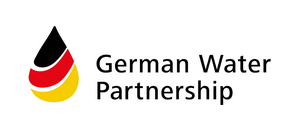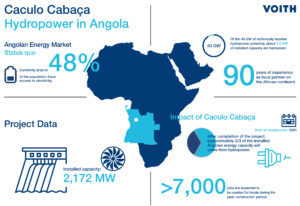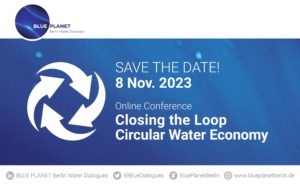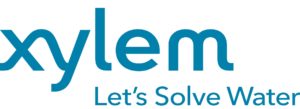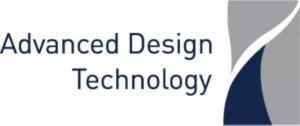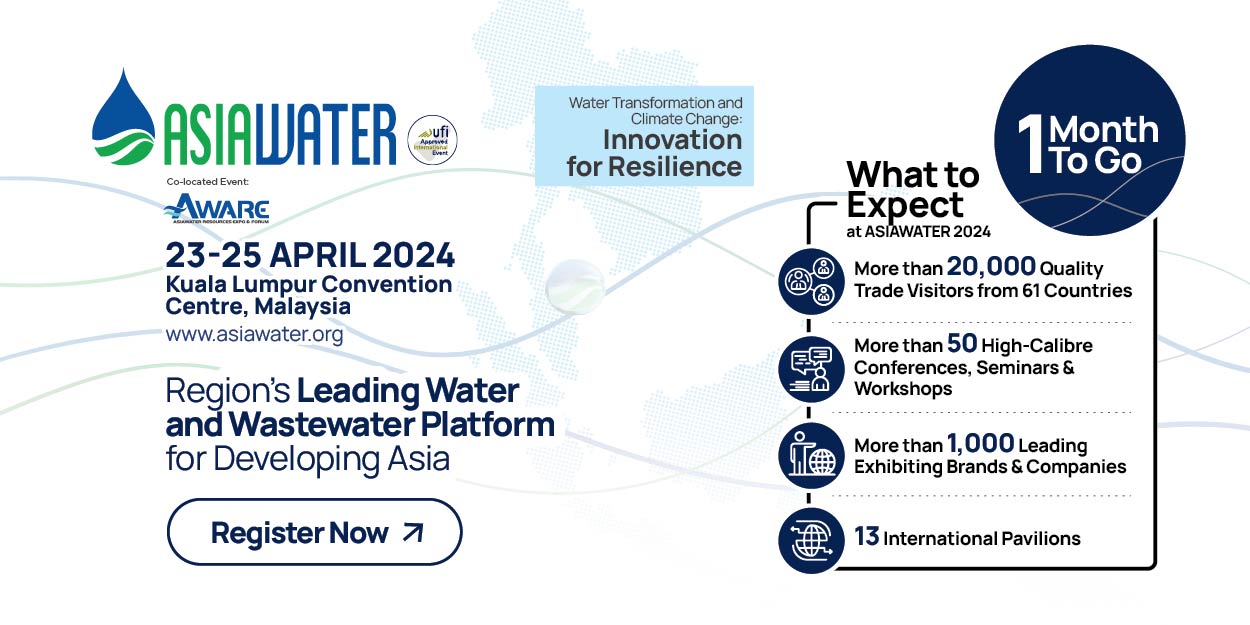Voith Participates in EU Research Project FIThydro
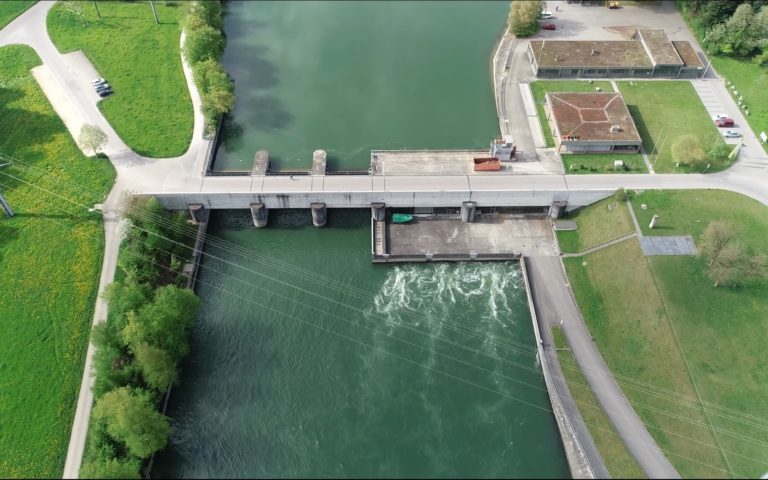
As part of the FIThydro project, studies were conducted at several locations in cooperation with Voith, such as the Bannwil hydropower plant. Image source: ETH Zurich Laboratory of Hydraulics, Hydrology and Glaciology VAW.
The four-year EU project studies the impact of hydropower plants on ecosystems, especially on fish. A total of 13 research institutes and 13 companies in Germany, Austria, Belgium, Estonia, France, Great Britain, Norway, Portugal, Switzerland and Spain are participating. The chair of Hydraulic Engineering and Water Management at the Technical University of Munich (TUM) coordinates and manages the EU project. The project received 7.2 million euros in funding from the European Union’s Horizon 2020 research and innovation program under Grant Agreement No. 727830 and the Swiss National Fund for Scientific Research (SNF).
Studies on power plants in Europe
First, the project partners analyzed and extended existing methods, technologies and approaches to assess the various impacts of hydropower plants and possible protective measures on fish populations. For this purpose, measurements were carried out at the test sites and in laboratories. In the second part of the project, possible measures for power plant modernization as well as new tools for decision support for hydropower operators and planners were tested.
"It was important to us to adapt existing solutions to the site-specific conditions of each power plant," explains Prof. Peter Rutschmann, chair of Hydraulic Engineering and Water Management at the TUM and coordinator of the project. "We therefore attached great importance to ensuring that these sites reflect the diversity of geographical, hydromorphological and climatic conditions. Thus, our results are applicable to different hydroelectric power plants in Europe."
Advanced evaluation methods
As a project partner, Voith Hydro, in cooperation with the TUM, contributed to the further development of simple and innovative methods for assessing the fish passage through water turbines.
"Influences such as power plant operation and aspects of fish behavior were investigated using evaluation methods based on numerical flow simulation," explains Ulli Stoltz, development engineer at Voith Hydro and contributor to the project. "In cooperation with the project partners, these methods were then applied to selected test cases and compared with the measurement data from fish-like sensors sent through the turbines at these locations."
These and other new solutions, evaluation methods and technologies – such as a hazard index for fish populations, fish migration simulations and an open-access decision support tool for hydropower planning – can provide hydropower operators with important support in assessing and planning protection measures. Furthermore, these assessment methods can be applied during the design phase of water turbines for new and modernization projects. The knowledge gained enables an optimized hydraulic design for improved fish passage.
In addition, the improved turbine design can be combined with other measures such as fish passage systems. Thus, environmentally friendly energy can be generated while at the same time considering the river ecology.
Renewable energy source hydropower
Hydropower is one of the most important and widespread renewable energy sources worldwide. Its great advantage, unlike wind and solar power, is that it is only subject to minor weather-related fluctuations. In order to investigate the influence on fish populations at hydropower plants, topics such as fish passage at the turbine and weirs as well as changes in the habitats for fish are moving into focus. To minimize negative ecological effects as much as possible, the European Water Framework Directive, among others, was developed.
Source: Voith GmbH & Co. KGaA

